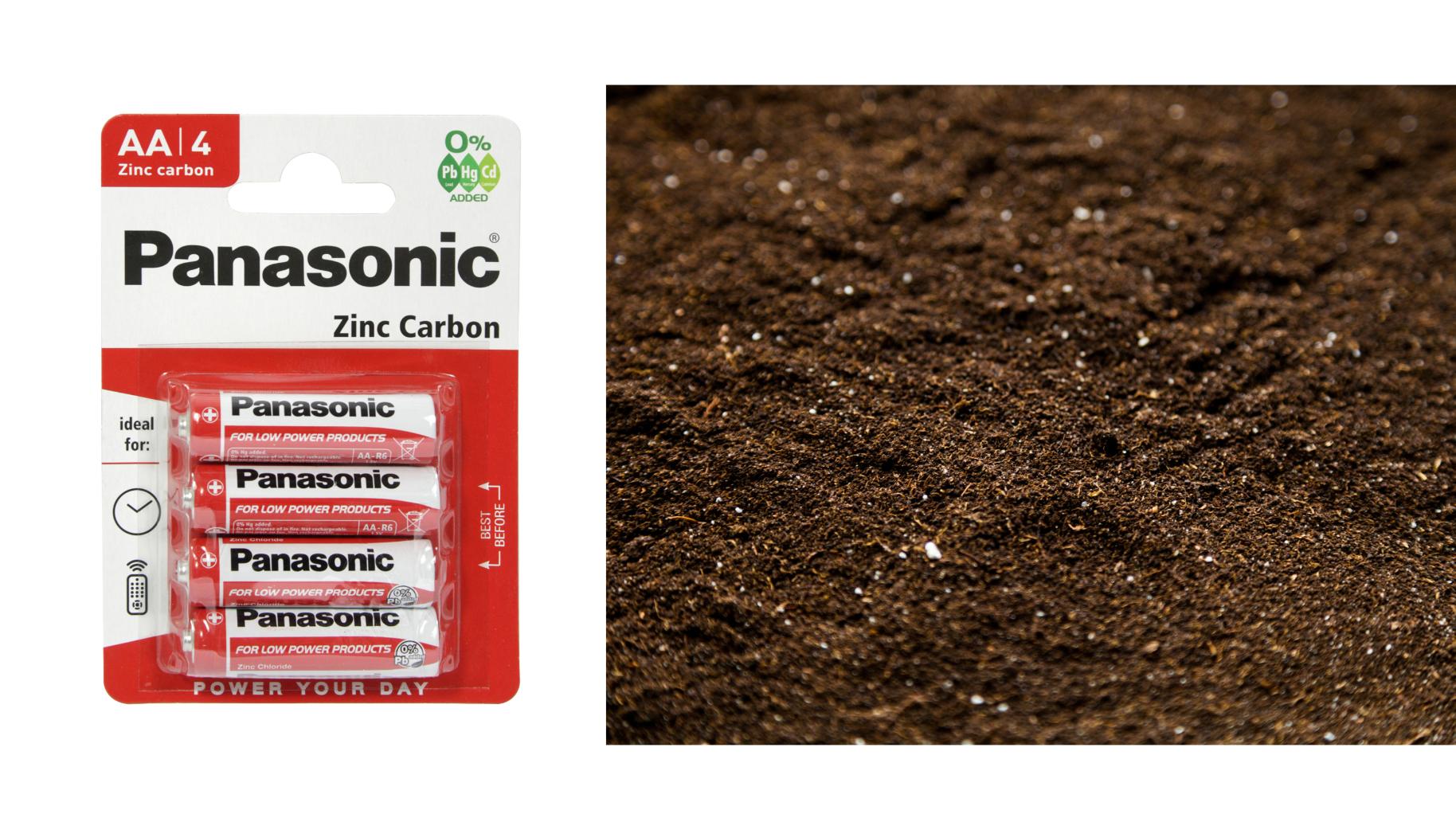
How Are Zinc-Carbon Batteries Impacting the Environment?
Zinc-carbon batteries, while widely used due to their low cost and availability, pose significant environmental challenges. Improper disposal leads to heavy metal contamination, affecting soil and water. Recycling is crucial to mitigate these impacts and recover valuable materials. Understanding these factors is essential for responsible usage and disposal.
How Do Zinc-Carbon Batteries Affect the Environment?
Zinc-carbon batteries are commonly found in everyday devices, but their environmental impact is a growing concern. When disposed of improperly, these batteries can corrode and release harmful heavy metals such as zinc and manganese into the environment. This contamination can lead to soil degradation, water pollution, and adverse health effects on local ecosystems.
Environmental Impact Chart
| Environmental Aspect | Impact Level |
|---|---|
| Soil Contamination | High |
| Water Pollution | Moderate |
| Ecosystem Disruption | High |
What Are the Risks of Improper Disposal of Zinc-Carbon Batteries?
Improper disposal of zinc-carbon batteries poses severe risks. As these batteries degrade in landfills, they can leach toxic substances into the soil and groundwater. Heavy metals like zinc can accumulate in plants, entering the food chain and potentially causing neurological damage and other health issues in humans and wildlife.
Why Is Recycling Essential for Zinc-Carbon Batteries?
Recycling zinc-carbon batteries is vital for reducing their environmental footprint. It prevents hazardous materials from entering landfills and allows for the recovery of valuable metals. Effective recycling programs can significantly decrease pollution levels associated with battery waste and promote sustainability by reusing materials.Recycling Benefits Chart
| Benefit | Description |
|---|---|
| Reduces Landfill Waste | Less battery waste in landfills |
| Recovers Valuable Metals | Reclaims zinc and manganese for reuse |
| Decreases Pollution | Minimizes heavy metal contamination |
How Do Heavy Metals from Zinc-Carbon Batteries Impact Soil and Water?
Heavy metals released from zinc-carbon batteries can severely affect soil quality and water sources. These metals can alter soil pH, reduce fertility, and harm beneficial microorganisms. In water bodies, they can lead to bioaccumulation in aquatic life, posing risks to both biodiversity and human health through contaminated food sources.
What Regulations Govern the Disposal of Zinc-Carbon Batteries?
Regulations surrounding battery disposal vary globally but often emphasize the need for proper recycling methods. In many regions, zinc-carbon batteries are classified as hazardous waste due to their potential environmental impact. Countries are increasingly adopting Extended Producer Responsibility (EPR) policies that require manufacturers to ensure safe disposal and recycling of their products.
How Do Zinc-Carbon Batteries Compare to Other Battery Types in Environmental Impact?
Compared to lithium-ion or lead-acid batteries, zinc-carbon batteries are less efficient but more affordable. However, they pose significant environmental risks if not disposed of properly. Lithium-ion batteries have a higher energy density but require complex recycling processes due to their hazardous materials. In contrast, zinc-carbon batteries are simpler to recycle but still pose risks if not managed correctly.Comparison Table
| Feature | Zinc-Carbon | Lithium-Ion | Lead-Acid |
|---|---|---|---|
| Cost | Low | High | Moderate |
| Recycling Complexity | Low | High | Moderate |
| Environmental Risk | Moderate | High | High |
Frequently Asked Questions
- What happens if zinc-carbon batteries are thrown away?
Improper disposal can lead to heavy metal leaching into soil and water sources. - Are zinc-carbon batteries recyclable?
Yes, they can be recycled; however, proper disposal methods must be followed. - What are the health risks associated with heavy metals from batteries?
Exposure can lead to neurological damage, kidney problems, and increased cancer risk. - How does improper disposal affect local ecosystems?
It can contaminate soil and water, harming plants and animals within those ecosystems. - What regulations exist for battery disposal?
Many countries have laws requiring safe disposal methods for hazardous waste, including batteries.
Industrial News
Recent reports highlight increasing concerns over battery waste management globally. In India, up to 90% of zinc-carbon cells end up in landfills, leading to severe environmental contamination. Experts advocate for improved recycling practices and stricter regulations on battery disposal to mitigate these issues. The push for Extended Producer Responsibility (EPR) is gaining traction as a means to ensure manufacturers take accountability for end-of-life battery management.
Expert Views
Improper disposal of zinc-carbon batteries is not just an environmental issue; it poses direct health risks through soil and water contamination,” says Dr. Aditi Sharma, an environmental scientist. “We must prioritize recycling programs that effectively manage battery waste to protect our ecosystems.”
Zinc Carbon Batteries: How Do They Work?
Zinc carbon batteries generate electricity through a chemical reaction between zinc (anode) and manganese dioxide (cathode) in an ammonium chloride electrolyte. During discharge, zinc oxidizes, releasing electrons that flow through an external circuit to the manganese dioxide, where they reduce it. This process creates a voltage of about 1.5 volts, powering devices like remote controls and flashlights.
